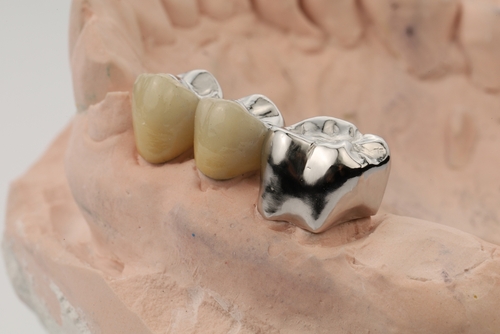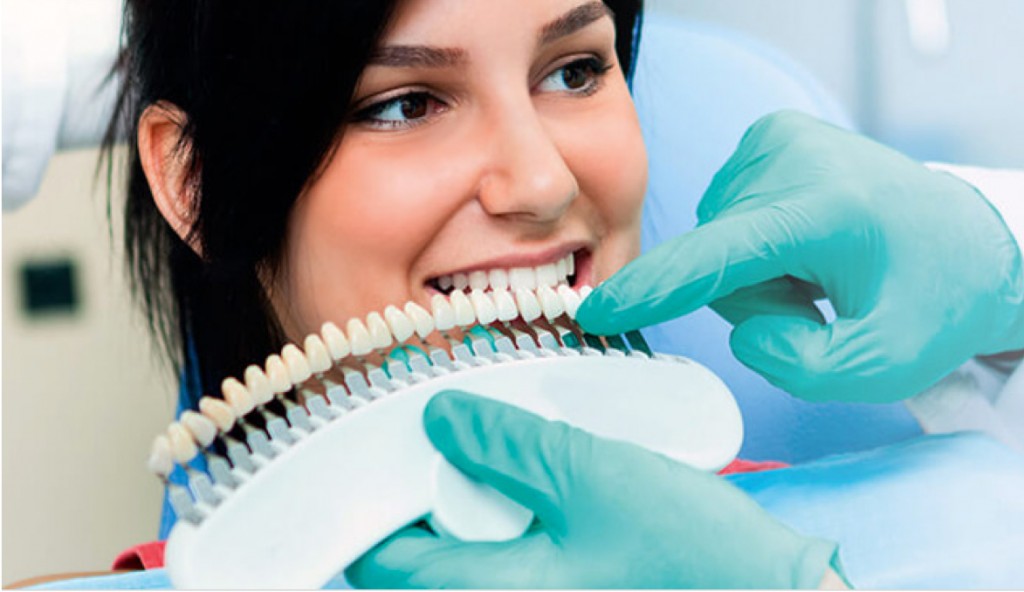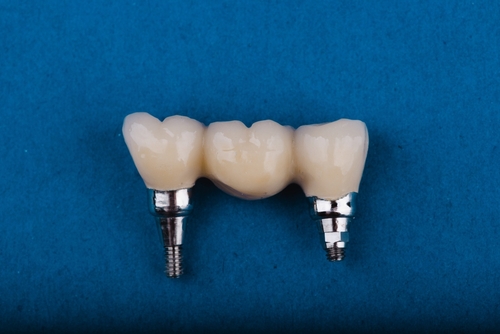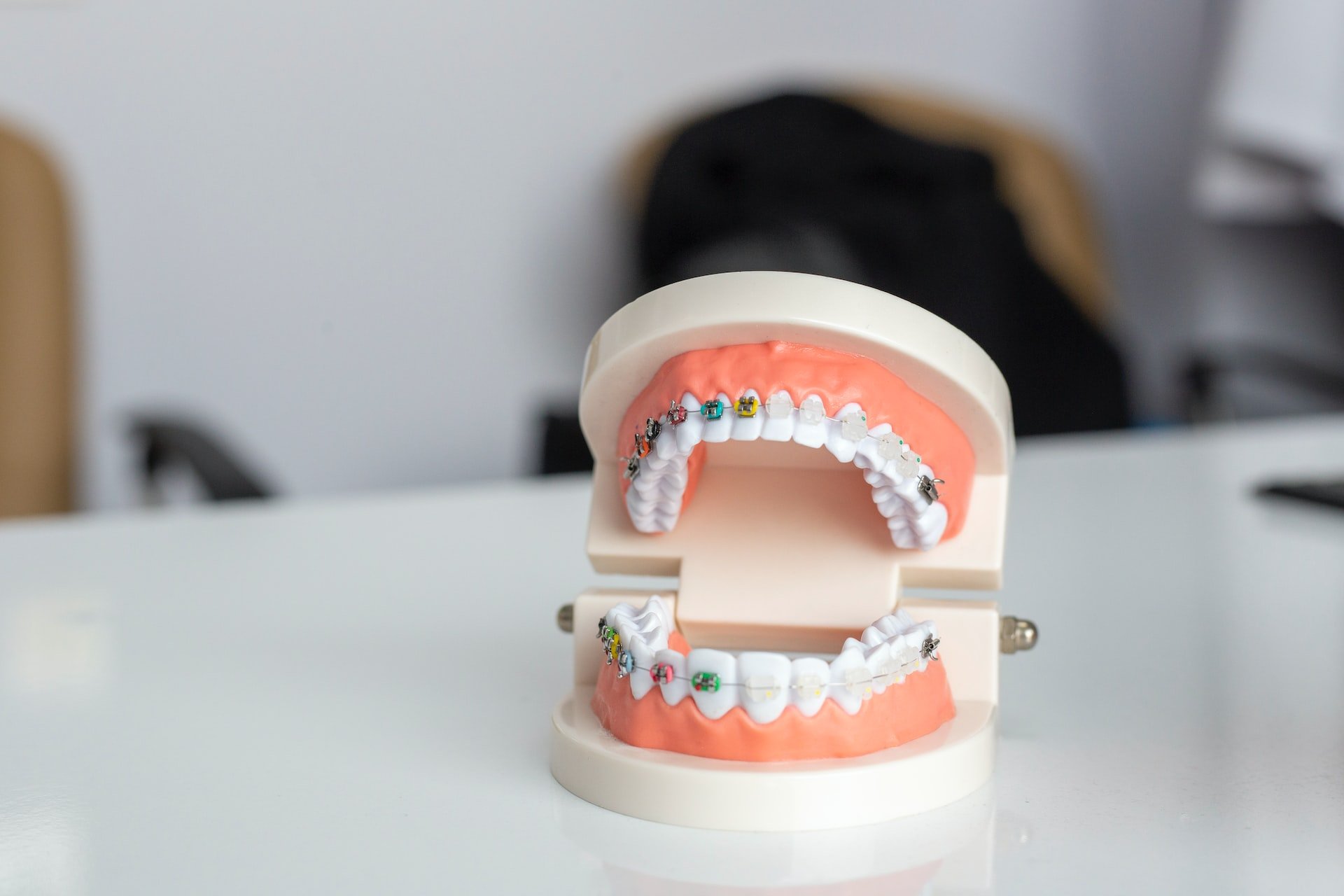When it comes to maintaining a healthy smile, choosing the right dental crown material is an important step. Porcelain and metal crowns offer unique advantages and disadvantages that can significantly affect your oral health and the aesthetics of your smile. In this article, we will provide an informative comparison of these two materials, discussing their respective merits and drawbacks, cost implications, and the potential for allergic reactions. The aim is to help you make an informed decision that best fits your needs.
What is a Dental Crown?
A dental crown, also known as a tooth cap, is a tooth-shaped cap placed over a damaged or decayed tooth to restore its shape, size, and strength and enhance its appearance. Dental crowns can be made from different materials, with porcelain and metal being the most popular types of crowns. They are a long-term dental restoration option that helps address many dental problems, such as tooth decay, broken teeth, sensitivity, infections, and more.
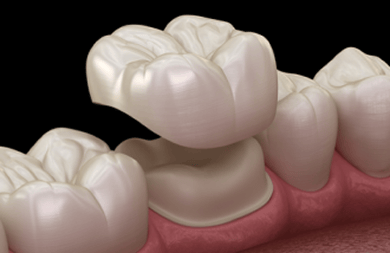
What Are Porcelain Crowns?
Porcelain crowns, also known as ceramic crowns, are crafted entirely from porcelain, which is a type of ceramic. These crowns offer several advantages that make them a popular choice:
- They mimic the translucency and depth of colour of natural teeth, making them aesthetically appealing.
- They are biocompatible and do not cause allergies or irritations.
- Porcelain crowns resist staining, allowing you to maintain a bright white smile similar to your natural teeth.
What Are Metal Crowns?
Metal crowns can be made from various alloys, including gold, platinum, and base-metal alloys like nickel-chromium and cobalt-chromium. Metal crowns offer their own set of advantages:
- They are durable, making them an ideal choice for crowns on back teeth.
- They require less tooth removal during the preparation stage.
- Metal crowns are less likely to chip or break with proper care than their porcelain counterparts.
However, metal dental crowns, such as gold crowns, do not match the colour of natural teeth and can often be visible when you laugh or speak, which may be a dealbreaker for those who value the aesthetic aspect. In some cases, metal layer crowns can be masked with opaque porcelain to create a more natural-looking tooth.
Metal vs. Porcelain Crown Cost
When comparing metal vs. porcelain crowns, metal crowns made of gold or platinum tend to be more expensive due to the cost of the material. Porcelain and porcelain-fused-to-metal dental crowns can be less costly. It's important to check your dental insurance coverage and discuss the costs with your dentist before making a decision.
Porcelain-Fused-to-Metal Crowns
If you find yourself caught in the crossroads of the porcelain crown vs. metal crown debate, porcelain-fused-to-metal crowns might be the answer. These crowns are ideal for posterior teeth and are made from a metal base to provide the strength of a metal structure and the natural appearance of a porcelain crown, giving you the best of both worlds. However, it's worth noting that the porcelain part can chip or break off, and the underlying metal can sometimes be seen as a dark line at the gum.
The Bottom Line: Which Should You Choose?
Choosing between a porcelain crown and a metal crown is a significant decision. It all comes down to understanding your specific needs and preferences. Consider your aesthetic expectations, the location and function of your tooth, your budget, and your dentist's recommendation.

Remember that a crown is an investment in your dental health and self-confidence. So, take your time, ask questions, and make an educated choice that benefits your smile. If you have any questions, contact us to schedule an appointment today, and let our team of experienced and friendly dentists guide you.
Smile Makeover Client
Your Healthier Smile Awaits
Whether you're looking to improve your dental health or enhance your smile, we're here to help. Book an appointment with Mulgrave Dental Group today!
Book Now